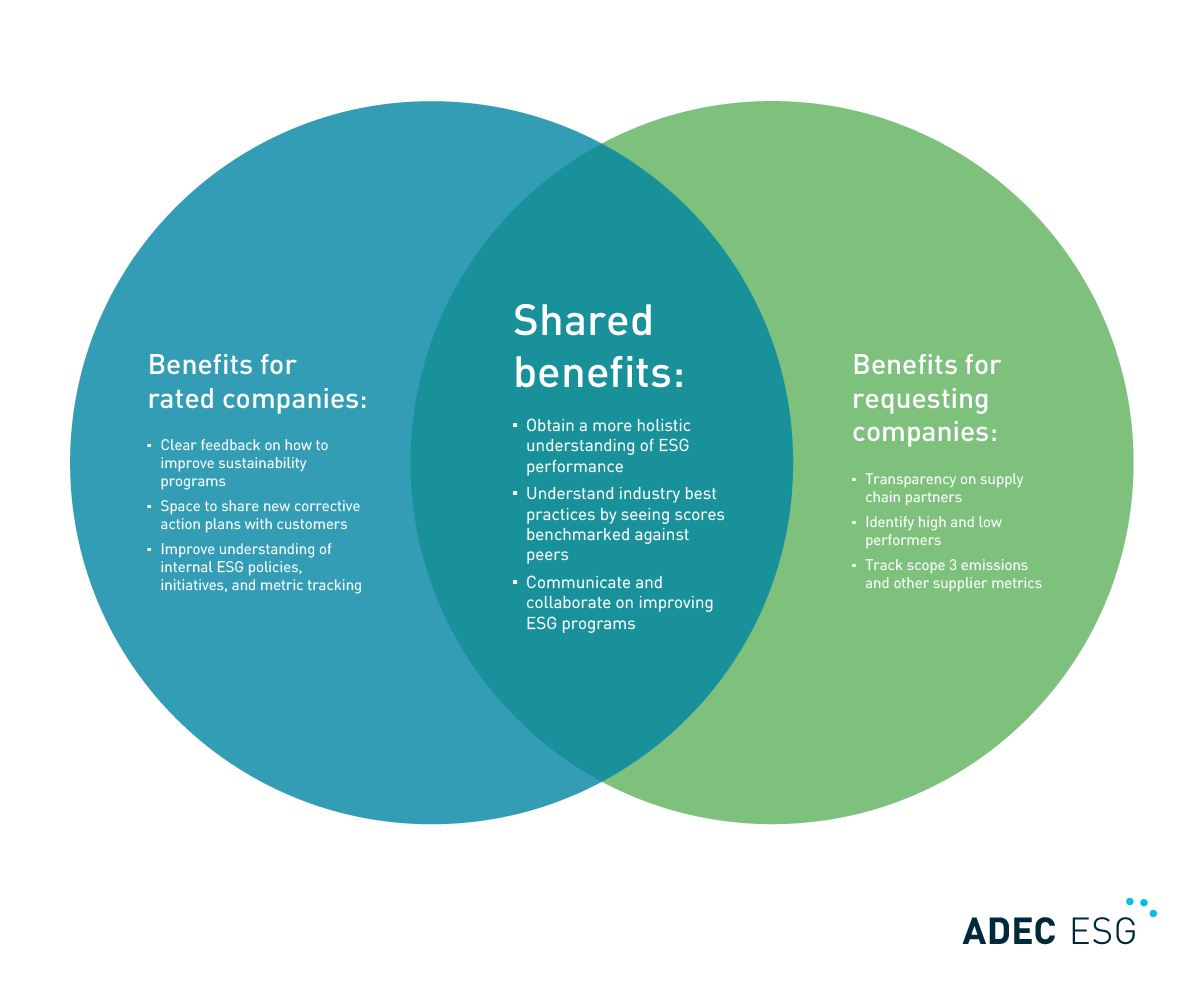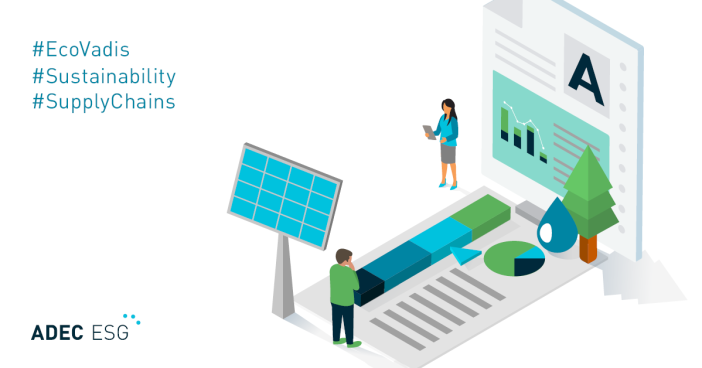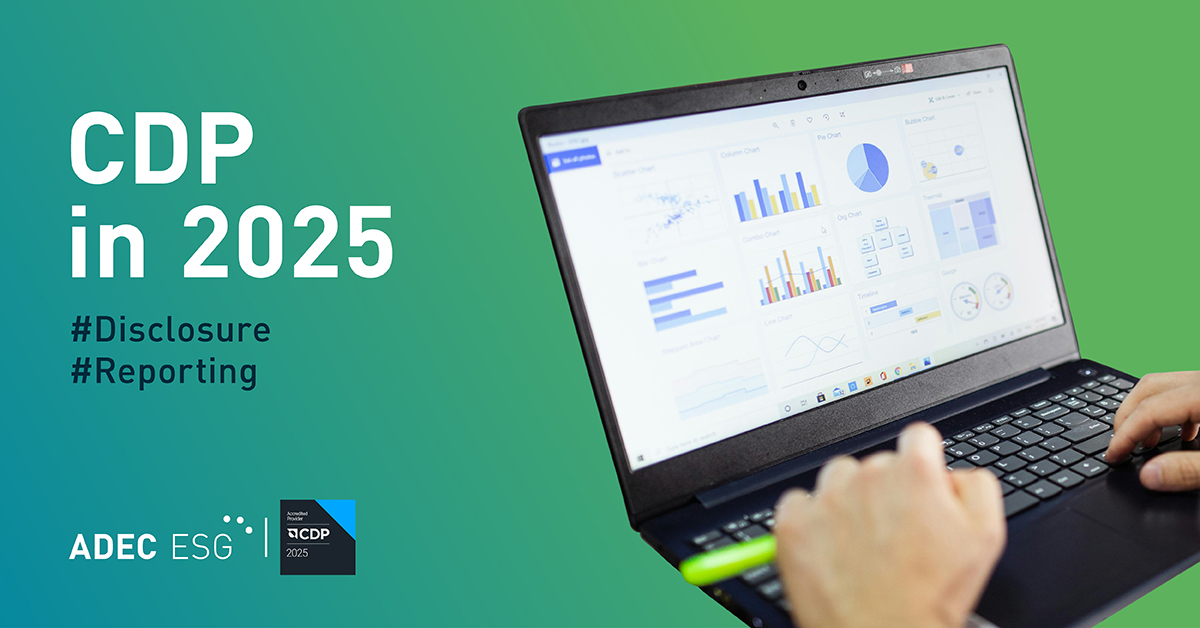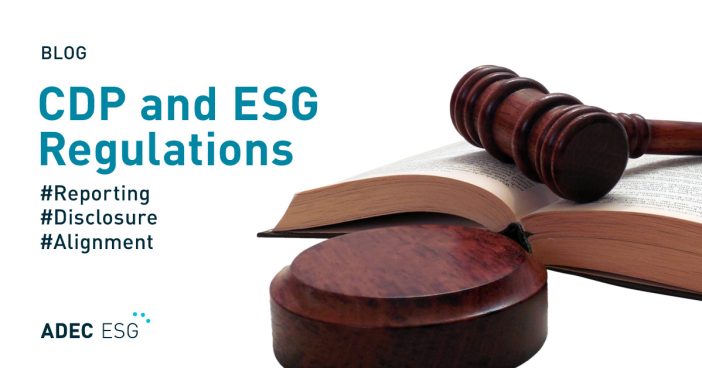With the increase in outsourcing in the 21st century, value chains have become more global, interconnected, and complex, often spanning multiple countries to produce just one product. Monitoring and assessing supply chains has therefore become both more challenging and more important as companies work to improve their environmental, social, and governance (ESG) initiatives. EcoVadis, an online platform where companies can see where their suppliers stand on a variety of environmental, social, and ethical issues, is working to turn this challenge into an opportunity.
Here, we will explore how EcoVadis can support a value chain’s sustainability and why this is important for the Triple Bottom Line—the idea that organizations should take people, planet, and profit into account when making business decisions.
While this concept has been around for a while in the corporate space, it’s gaining more traction in the regulatory environment with the new Corporate Sustainability Reporting Directive (CSRD) introduced in the European Union. This legislation takes a double materiality approach, asking companies to consider both how sustainability matters may impact the company and how company activities may adversely impact people and the environment.
Supply chain sustainability
First, why is improving supply chain sustainability so important?
1. Supply chains play a huge role in a company’s environmental and social impact.
An organization’s supply chain is intrinsically linked to its ESG footprint, accounting for large impacts on the environment and human health and well-being. For example, scope 3 greenhouse gas (GHG) emissions (i.e., emissions that occur in a company’s indirect operations such as manufacturing, transportation and distribution, end-of-life treatment of products, and more) often account for the highest proportion of total emissions across a wide variety of industries, according to the EPA. In the consumer goods and financial services sectors, a Forbes study found that scope 3 emissions represent more than 90% of total emissions on average, and in the oil and gas industry, scope 3 emissions are more than six times the level of scope 1 and 2 emissions. Activities in an organization’s value chain can also lead to deforestation, localized air and water pollution, and other harmful environmental effects, depending on the exact location and nature of the operations.
Supply chain operations additionally have a massive impact on the people that work within them—an estimated 450 million people globally as of 2023. The Human Rights Watch notes that, “While complex global supply chains can offer important opportunities for economic and social development, they often present serious human rights risks that many companies have failed to mitigate and respond to effectively.”
Without proper oversight, a company can be unaware—or turn a blind eye—to human rights violations within its supply chain, such as child or forced labor or lack of proper safety protocols.
2. New regulations around supply chains are emerging.
In the last two years, regulatory bodies have created new and ambitious legislation for companies to take ownership of the environmental and social impacts of their value chain.
- On January 1, 2023, the German Supply Chain Due Diligence Act (LkSG) took effect, requiring companies with at least 1,000 employees in Germany to monitor human rights and environmental risks in their supply chains.
- The EU’s Corporate Sustainability Due Diligence Directive (CSDDD), a major piece of legislation set to take effect in the first half of 2024, requires companies that do business in the EU market to conduct human rights and environmental due diligence across their value chain.
- The Corporate Sustainability Reporting Directive (CSRD) has already been approved in the EU and mandates reporting of ESG information from its value chain around working conditions, forced labor, child labor, scope 3 emissions, localized pollution of water and air, and more. This legislation applies to large companies operating in the EU, all companies with securities in an EU-regulated market, and other qualifying groups. Reports will be due as soon as 2025.
- In the U.S., California’s newest climate-related bills (specifically SB-253) require that companies that do business in California publicly disclose their scope 1, 2, and 3 emissions—the first legislation in the country to address scope 3 emissions.
With additional proposed legislation on the disclosure of scope 3 emissions proposed in Canada and Australia and a growing understanding that supply chain sustainability plays a crucial role in protecting the environment and human rights, more legislation is likely to follow.
3. In times of unprecedented supply chain disruptions, a sustainable supply chain is more resilient.
With multiple global crises in the last few years—from the COVID-19 pandemic to the ongoing war in Ukraine—the global supply chain has been tested like never before. To respond to the rapidly changing global supply and demand, supply chains must become more sustainable and therefore more resilient.
Becoming more resilient, also known as “future proofing” (or creating a system that can adapt to unpredictable factors in the future), is a key outcome of implementing sustainable initiatives such as reducing energy consumption, improving supplier management, moving towards more local production, and more. It is not easy to figure out where and how to implement sustainable changes in a large, global supply chain, and that’s where EcoVadis’s strengths lie.
What role does EcoVadis play?
In the era of multinational corporations, an organization’s indirect operations are more global and complex than ever. It’s therefore challenging to conduct environmental and human rights due diligence across the value chain, and that’s where EcoVadis comes in.
Founded in 2007, EcoVadis is a cloud-based ratings platform that allows customers to request its suppliers to respond to a sustainability questionnaire that covers topics across four themes:
- Environment
- Labor and Human Rights
- Ethics
- Sustainable Procurement
Each of these four themes have specific sustainability sub-topics (or “criteria”) that a company must respond to based on its industry, size, and location. Criteria include topics such as:
- Energy Consumption and GHGs
- Biodiversity
- Product Use
- Employee Health and Safety
- Diversity, Equity, and Inclusion
- Corruption
- Supplier Environmental and Social Practices
All claims must be supported with documentation, ensuring the accuracy and credibility of a supplier’s ESG efforts. EcoVadis also looks at over 100,000 public sources such as official statements from government bodies, court rulings, legal settlements, and press or NGO statements on the responding company and includes these findings in their report. This external screening provides requesting companies with additional transparency into their suppliers’ environmental, social, and ethical standing. Evaluating public perception and public reporting helps to provide more information on reputational and regulatory risks, highlights positive impacts, and gives requesting companies a more holistic perspective when evaluating suppliers.
Once assessed by EcoVadis, a supplier receives a scorecard that can be shared with any requesting customer. The scorecard highlights the strengths and weaknesses of the supplier across the four themes and benchmarks its performance against industry peers. The EcoVadis platform also has the functionality for suppliers to input and share any corrective measures being taken, creating a space for customers and suppliers to collaborate and discuss any improvements needed.
Getting started with EcoVadis (and other supply chain engagement tools)
EcoVadis can serve as an excellent starting point for companies looking to gain insight into their supply chains and better manage engagement on sustainability topics, but there are a ton of options available to companies to begin engaging their supply chains. Whether it’s the CDP Supply Chain membership (for those focusing on environmental data), CleanChain (an ADEC Innovation that allows you to customize the data you track across supply chains) or an ad-hoc approach to start, now is the time to get started with improving supply chain sustainability.
ADEC ESG Solutions works with global companies to help transform their operations—and those of their value chains—to put them at the forefront of sustainable change. Talk to us today to learn more about how we can help your company improve supply chain sustainability, and subscribe to our monthly newsletter, GreenWatch, to get the latest from our team of ESG experts.




